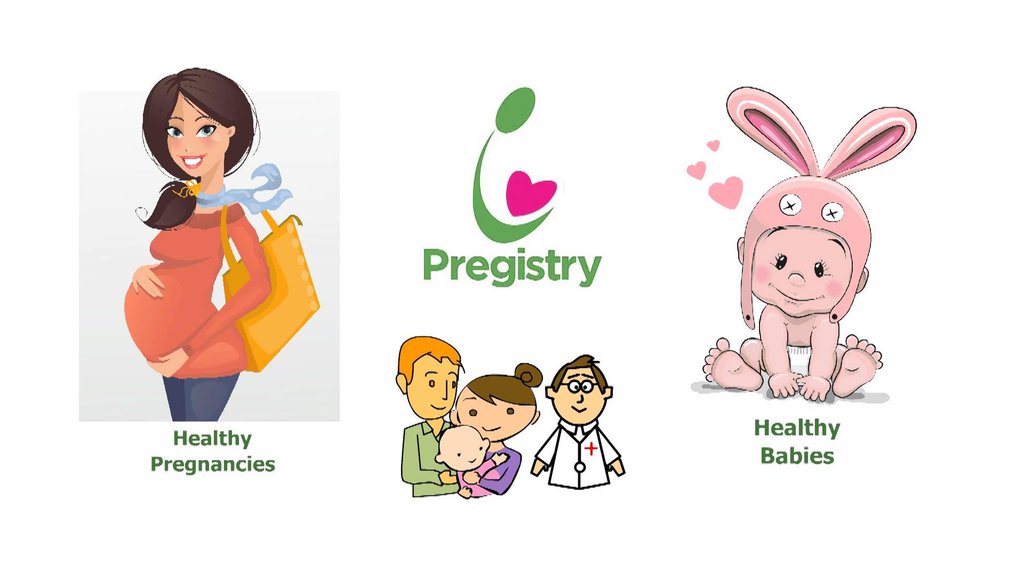Aunt Flo. That time of the month. The Crimson Tide. Moon Flow. Shark Week. You may have your own nickname to describe your period, but do you really understand it? For many of us, periods are an annoying, sometimes painful process to just deal with. That is, until you decide you want to get pregnant.
Menstruation 101
Your menstrual cycle refers to entire process your body undergoes each cycle to prepare for a possible pregnancy. This cycle begins during puberty, and continues until menopause (typically between 45 and 55 years old). You can expect to have about 400-500 periods in your life.
Your menstrual cycle starts on Day 1 of your period. (Why? Because a period, unlike other reproduction-related events, tends to be pretty obvious to spot!) Most periods last about 3-7 days. After this, you are in the follicular phase.
During the follicular phase, a follicle in one of your ovaries prepares to release an egg. Meanwhile, your uterus is growing a blood-rich lining, called the endometrium. If you get pregnant this month, the fertilized egg will burrow into this lining.
The end of the follicular phase is marked by ovulation. Ovulation typically happens anywhere between Day 11 and Day 21 of your menstrual cycle. The mature egg only lives for about 24 hours after it’s released, so timing is critical if you want to conceive a baby. Sperm cells live longer, about 3-5 days, so you can still get pregnant if you had sex a few days before ovulation.
After you ovulate, you are in the luteal phase. During this time, either the fertilized egg will make its way out of the fallopian tubes and implant, starting a pregnancy, or your body will prepare to flush out the lining (in other words, start your period) and prepare for the next cycle. The average luteal phase is 12-16 days long. In most cases, it’s pretty consistent, only varying by a day or so. If your luteal phase is too short, it can cause fertility issues, since your body may start your period before the fertilized egg has a chance to implant.
Why Does Discharge Change Throughout My Cycle?
Your vagina naturally produces discharge, which can change in amount and texture through the month. You’ll likely notice four basic types:
- Dry, or crumbly (like the glue you rubbed between your fingers in preschool)
- Creamy (like lotion)
- Runny or watery
- Egg-white consistency (clear and elastic; you can stretch it an inch or more between your fingers)
The last two are most conducive to pregnancy, since sperm can move through this type of discharge more easily. Egg-white discharge in particular is sperm-friendly. This discharge is most common in the few days around ovulation, and it may closely mimic the consistency of seminal fluid.
Can You Ovulate the Day Before Your Period?
In most cases, you’ll ovulate about two weeks before your period. Theoretically, it’s possible to ovulate another time, but you won’t get pregnant if you ovulate the day before your period starts. The fertilized egg needs time to travel into the uterus, implant, and signal the body to produce pregnancy hormones. Otherwise, it’ll get expelled with the rest of your period.
Why Are Early Pregnancy Symptoms and PMS So Similar?
During your luteal phase, your body produces certain pregnancy-related hormones, just in case a fertilized egg is on the way. Symptoms like fatigue, mood swings, appetite changes, and breast sensitivity are due to these hormones. If a fertilized egg implants, your body releases additional hormones to cut the “start period” signal and help the embryo grow. If not, your period starts on schedule, but you go through this kind of practice drill for pregnancy anyway.


